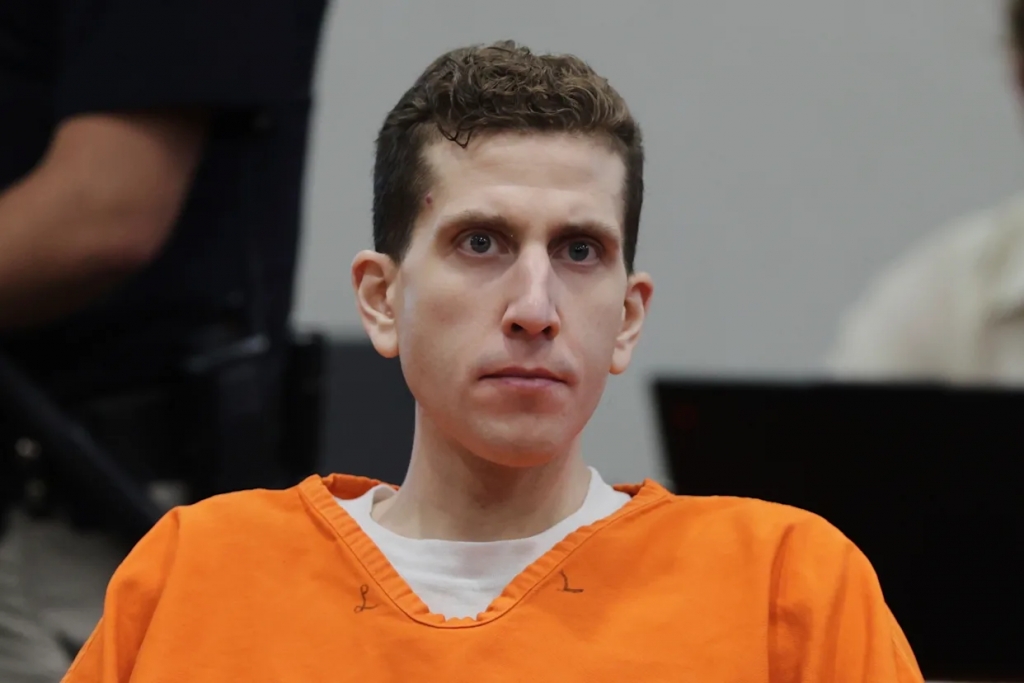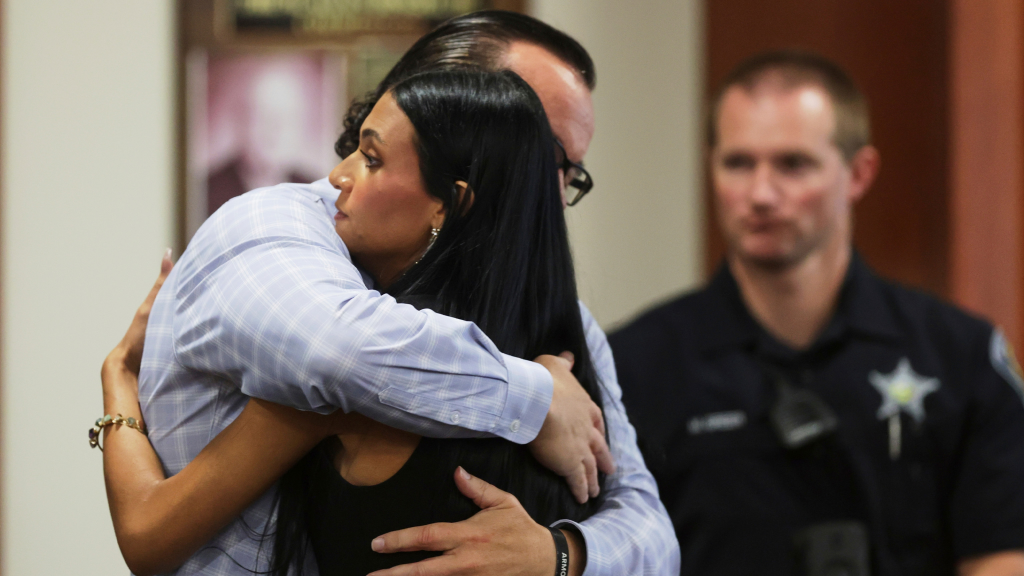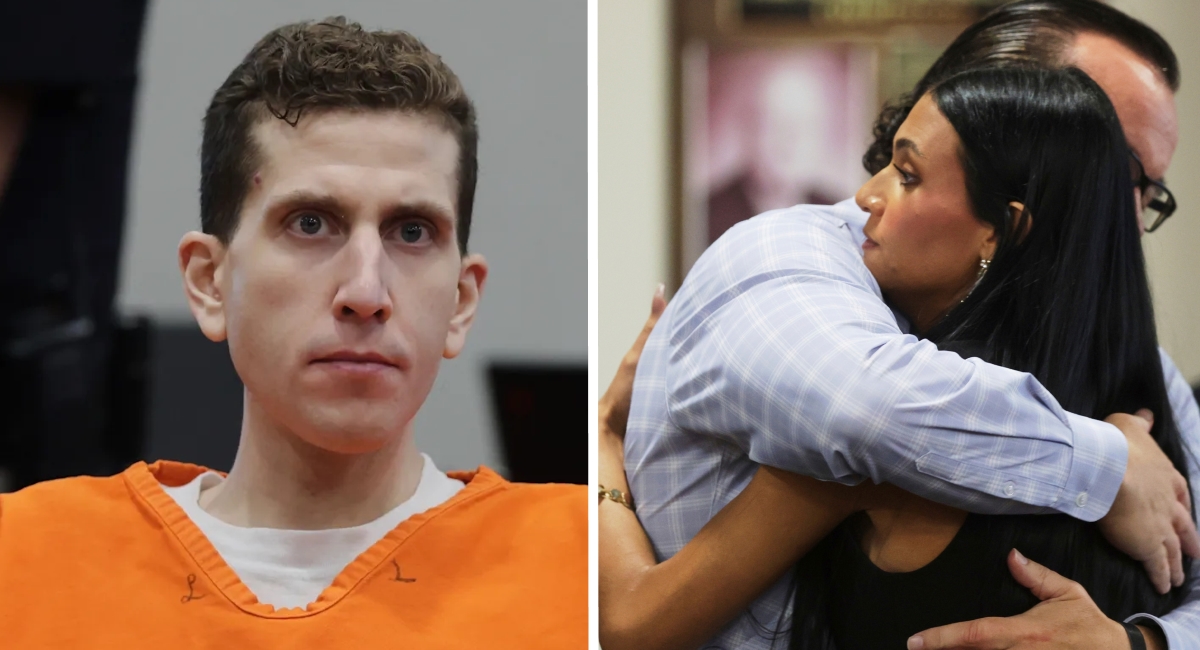During Bryan Kohberger’s life‑without‑parole sentencing, Kaylee Goncalves’s sister, Alivea, delivered a raw moment that hit the courtroom—and the country—like a punch. Facing her sister’s killer, she said: “Kaylee would’ve kicked your f****** ass.” That short, brutal shot echoed beyond court walls. Unilad captures the line in full context.
The murders of four University of Idaho students in November 2022 shocked the nation. Kohberger, a former criminology doctoral student, pleaded guilty in July and was sentenced to four consecutive life terms without parole. But motive remains unknown—he refused to explain himself. Reuters lays out the basics of sentencing.
“You’re pathetic,” Kaylee’s sister spat at Kohberger, pausing as the courtroom reacted.
Alivea didn’t stop there. She called him a “coward” and a “delusional, pathetic, hypochondriac loser,” accusing him of hiding in the shadows to feel important and critiquing his fragile ego. That full takedown painted a portrait of righteous fury.

The court stood silent—save for a ripple of applause. One sentiment seemed unanimous: Kaylee’s voice would be honored, her spirit unbowed. Supporters called Alivea’s words raw and necessary. People details the impact in court.
Four other families spoke too: parents and surviving roommates shared heartbreak and rage. Xana Kernodle’s stepfather told Kohberger to “go to hell,” while Madison Mogen’s stepfather said they were “done being victims.” Survivor Dylan Mortensen described how the trauma still haunts her. Other victim addresses amplified the collective grief.
“It changed everything,” said Dylan, recalling the night that shattered their world.
Kohberger remained unnervingly calm. He declined to speak—offering no motive or remorse. Judge Hippler rebuked him, calling him a “faceless coward” and warning against giving him further spotlight. The Post outlines his prison transfer.
The plea deal spared Kohberger a death sentence but angered some families—particularly Aubrie Goncalves, Kaylee’s sister, who called it “shocking and cruel” and said the system had failed them. That backlash echoed across the courtroom.

Investigators relied heavily on DNA from a knife sheath and cell‑phone ping data, plus surveillance of Kohberger’s car near the victims’ home. Despite the evidence, no clear motive was ever revealed. Wiki outlines the forensic timeline.
The chilling courtroom moment shifted national attention—reminding everyone that while legal process moves forward, some wounds are unhealed. Alivea’s six‑word outburst captured a truth no sentence could: love and loss linger far beyond life terms.
Now, with Kohberger locked away and no secrets revealed, survivors and families are searching for meaning—and wondering why this happened. Their voices, raw, human, and unfiltered, challenge us to remember victims over villains, grief over sensationalism.






